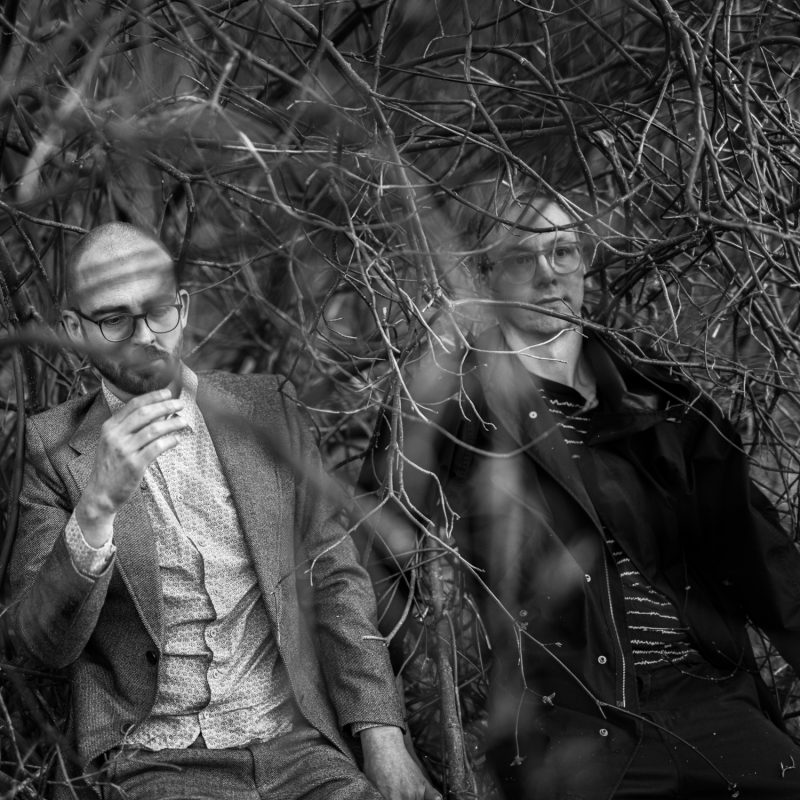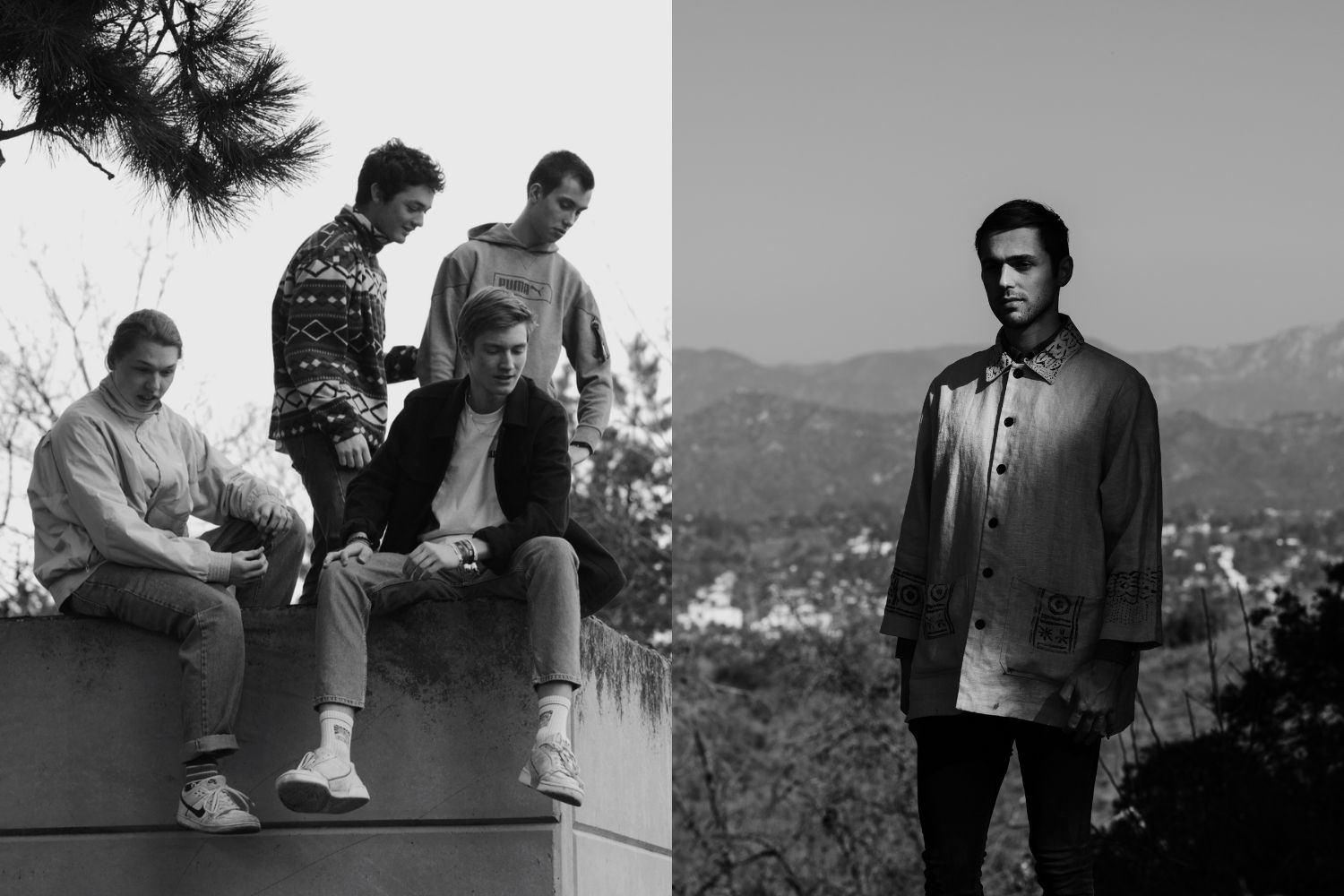Nina Kraviz dropped from festival lineups after breaking silence on the war
A number of festivals have dropped Russian DJ Nina Kraviz from their lineups following criticism over Kraviz’s months of silence regarding the ongoing war between Russia and Ukraine. These include The Crave in The Hague, PollerWiesen, and Detroit’s Movement Festival. Kraviz, who is one of Russia’s most prolific public figures with nearly 1.8 million followers on Instagram and a consistent presence on Mixmag’s Top 100 DJ’s list, posted a cryptic message to social media after Russia’s occupation of Ukraine commenced in February, simply writing ‘peace’ in Russian on a piece of paper. Since then, she had remained quiet on the matter.
Kraviz’s silence has proved divisive in the global electronic music community. Some defended her choice. DJ Danny Tenaglia alluded to the potential risks involved with someone as prolific as Kraviz openly calling out Putin’s administration, stating “she will definitely become a target and God only knows what might happen to her and her innocent relatives,” while DJ Rebekah noted that “freedom of speech is also a freedom to not use it if you don’t feel comfortable.” Others have been more critical of Kraviz, including fellow Russian electronic music artist Pavel Milyakov (Buttechno) who released music on Kraviz’s label Trip in 2019. Speaking to TIME magazine, who recently covered the Kraviz situation in an article, Milyakov said, “Russian artists (especially the ones with a big audience) should accept their collective responsibility and also admit the imperialistic & colonizing approach of Russian culture and politics throughout Russian history.” Clone Distribution, the independent music distributor who has been representing Kraviz and TRIP, dropped both the artist and label last week. Clone founder Serge Verschuur explained the decision in a lengthy blog post to Clone’s website, stating “by refusing to choose sides, and by not speaking out, Nina enables herself to continue her lifestyle and her life as a performing artist as if nothing is happening while the looting, the raping, the murdering and the destruction of a country by her countrymen continues.” Verschuur goes on to say that while Kraviz is within her rights to practice silence, he believes she is doing so “out of opportunism, hypocrisy and an abuse of freedom, thereby going against the values on which house and techno music and their respective cultures are built.” Clone is not the first group of representatives to cut ties with Kraviz due to a conflict of ideologies.
Most outspoken in their critique of Kraviz has been Ukrainian DJ and former friend of Kraviz’s Nastia. Citing the history of the rave scene as a space of safety for minorities and one of protest, Nastia expressed how “rave culture was always about freedom, human rights.” Nastia urged festivals and promoters to reconsider working with Kraviz, even considering withdrawing herself from the Movement Festival where both she and Kraviz were booked to perform. Ultimately, Nastia decided to stay, telling TIME that she believes it is “more important to show up and raise the Ukrainian flag in the DJ booth.” Kraviz’s silence and enduring presence on festival lineups has been particularly potent following an open letter published by over 100 signatories from the Ukraine electronic music scene urging promoters worldwide to cut ties with any Russian representatives who have not spoken up about the war. Kraviz has remained typically apolitical in the past, expressing her views during an interview with Flipp Moscow in 2013. “I think you should only speak out on subjects that you simply cannot remain silent on,” she said. “People often ask me to comment on the situation in Russia and the Pussy Riot case—I always decline.”
Much of the criticism currently aimed at Kraviz has been exacerbated by her supposed support of Russian president Vladimir Putin, based on a trail left by Kraviz on social media over the years. This includes a photo of Kraviz with a cardboard cutout of Putin holding a gun with a flower in its barrel at a festival, posted a month after Russia’s annexation of Crimea. The post has since been removed. In 2016, Kraviz posted a meme of Putin at a rave, captioned “don’t underestimate a russki.” Representatives for Kraviz have claimed that the meme and caption have nothing to do with each other and are being taken out of context.
The situation with Kraviz brings up the question of cultural boycotting as a tool to combat the Russian state. Though no official boycotts have been sanctioned, Russia has been barred from a number of significant cultural events over the past few months including The Eurovision Song Contest, which was ultimately won by Ukraine. Historically, cultural boycotts have proved to be effective forms of passive resistance against an aggressor country and its regime. As outlined by Ukraine’s open letter, practicing a culture of holding any Russian artist or promoter who has not openly spoken about or protested the war should hold them accountable and cut ties. Since being dropped by Clone, Kraviz has released a statement on Instagram. The seven paragraph statement addresses her silence on the war, saying that she is “against all forms of violence,” and is appalled by “what my country’s relations with Ukraine have become.” She continues: “I am a musician and was never involved in supporting the politicians or political parties,” the statement continues, “and I am not planning to do it in the future. I don’t understand politics or the social processes it creates. So I don’t think it’s right to talk about what’s happening on social media.”
Read Kraviz’s full statement below.
View this post on Instagram



